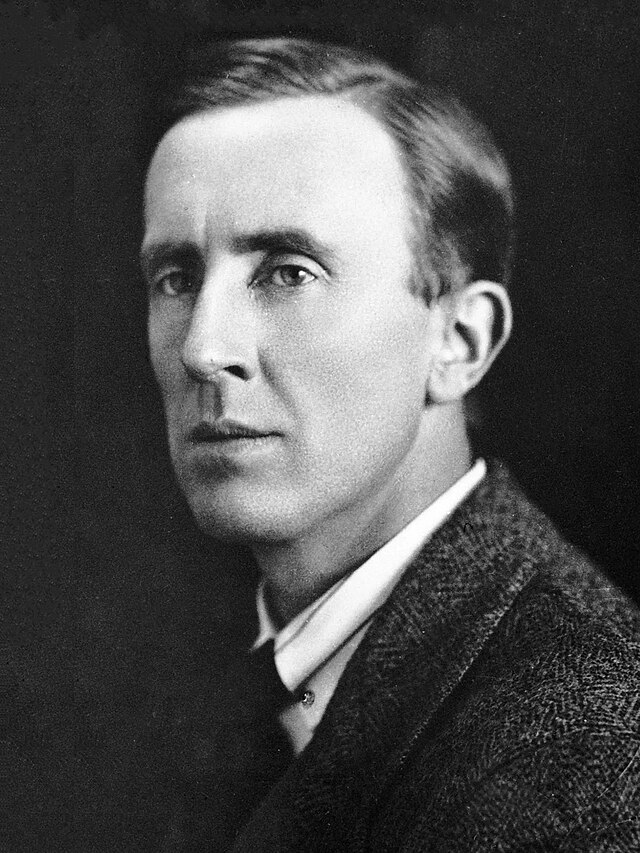
I’ve never been inclined to pick up books based on movie franchises. The movies have been enough for me, but the Disney Star Wars list of sorry productions provoked me to seek out Star Wars novels. I learned Timothy Zahn’s trilogy was the best set, so I picked up Heir to the Empire, published in 1992.
“Now, for the first time: the authorized continuation of the legendary Star Wars saga . . .” The story picks up five years after Return of the Jedi, with the Rebel
forces trying to put together a new republic. Princess Leia is the leading figure in every diplomatic endeavor, which is increasingly difficult for the soon-to-be-mother of two. Her husband, Han Solo, is also working too much to make the new government as functional as it needs to be. Luke Skywalker has the smallest role of the three, that of friend, security guard, and last living Jedi. What can he do to train Leia and the children when the time comes?
What they don’t know is that an Imperial Grand Admiral has survived. They know the Empire still has loyalist planets, stormtroopers, Star Destroyers and other ships, but they don’t know that a gifted military strategist is rebuilding a fleet. Raids on Republic outposts look like mere harassment, but Grand Admiral Thrawn is working a long-term plan to bring every Republic planet to its knees, if not its grave.
Two things stand out about this novel. First, the characters sound like their movie representation. Some of that is probably fan-service, callbacks to movie dialogue, but it’s thrilling to read good characters in a good story. Second, it’s a solid story—coincidences or contrivances. Everyone has proper motivations, making reasonable decisions, and conflicting with each other naturally. At one point, the heroes get caught up in an Imperial raid, and they naturally conclude they’re being followed, but they aren’t. The bad guys were there for other reasons. No one acts like an idiot. No motivations shift inexplicably. And Luke comes through like a hero.
I’ll let you know how the next one goes when I get to it.










